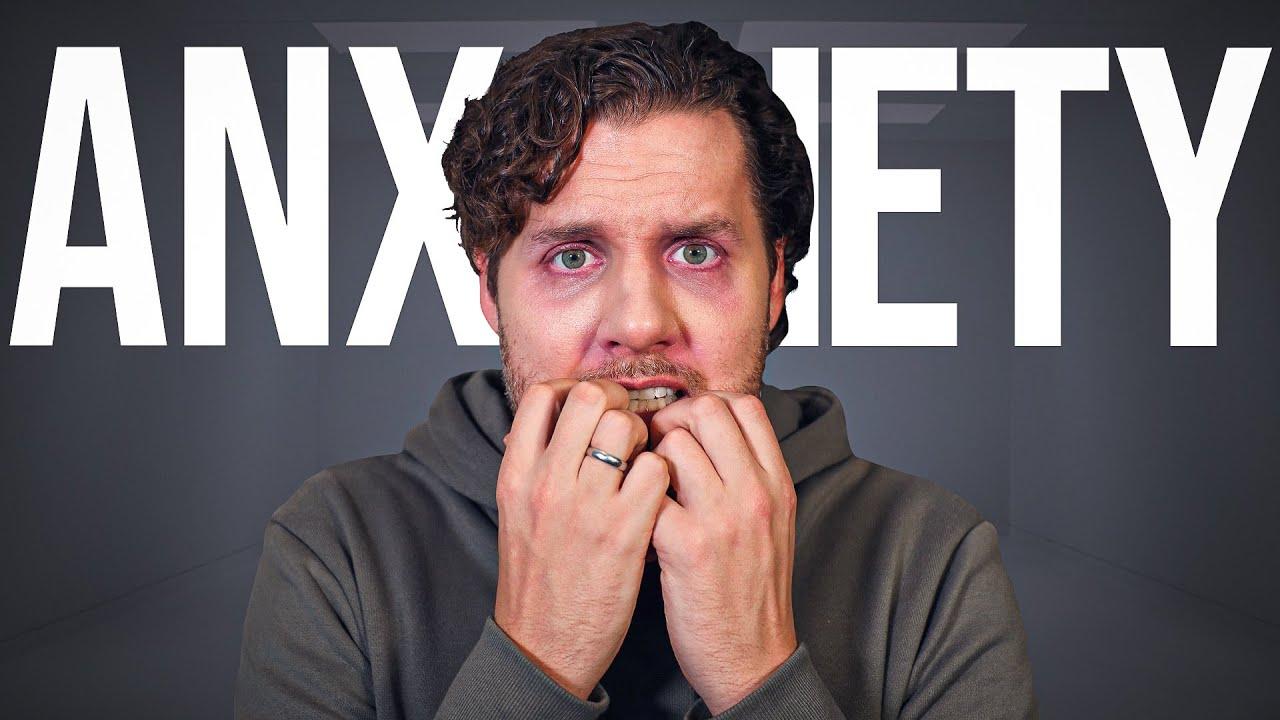How Dallas Psychiatrists Treat Anxiety Disorders

Anxiety is one of the most common mental health conditions affecting people in Dallas today. Fast-paced work life, traffic, financial pressure, and everyday stress can make anxiety feel overwhelming. The good news? You don’t have to manage it alone. Dallas psychiatrists use modern, evidence-based treatments that help patients regain control, feel calmer, and return to a healthier routine.
In this guide, you’ll learn how psychiatrists in Dallas diagnose and treat anxiety disorders, the treatment options available, and when to seek help.
What Is an Anxiety Disorder?
Anxiety becomes a disorder when it starts affecting your daily life, your work, sleep, relationships, and ability to function.
Common types of anxiety disorders include:
-
Generalized Anxiety Disorder (GAD)
-
Panic Disorder
-
Social Anxiety Disorder
-
PTSD
-
Obsessive-Compulsive Disorder (OCD)
-
Specific Phobias
Psychiatrists are medical doctors trained to diagnose these conditions accurately and provide medical and therapeutic treatment.
How Dallas Psychiatrists Treat Anxiety Disorders
Below are some options that psychiatrists can recommend to you.
Comprehensive Psychiatric Evaluation
The first step in treatment is a detailed evaluation.
What the evaluation includes
-
Review of symptoms
-
Personal & family mental health history
-
Medical evaluation to rule out physical causes
-
Screening for co-occurring conditions like depression or ADHD
-
Medication history
This helps the psychiatrist create a personalized treatment plan based on your needs.
Personalized Treatment Plans
Dallas psychiatrists don’t use a one-size-fits-all method. Your treatment plan will be tailored to your symptoms, lifestyle, severity, and goals.
A personalized plan may include
-
Medication
-
Therapy
-
Lifestyle coaching
-
Stress-management strategies
-
Follow-up monitoring
Medication Management
Medication management in Dallas is often used to stabilize anxiety symptoms so you can function better.
Common medications for anxiety
-
SSRIs (e.g., Sertraline, Escitalopram)
-
SNRIs (e.g., Venlafaxine, Duloxetine)
-
Beta-blockers (for physical symptoms)
-
Buspirone
-
Short-term anxiolytics (used cautiously)
Psychiatrists in Dallas monitor your progress closely, make dosage adjustments, and ensure medications are safe and effective.
Evidence-Based Therapy Options
Here are the most common therapy options that are often used in Dallas.
Cognitive Behavioral Therapy (CBT)
Helps patients reframe negative thoughts and reduce anxiety triggers.
Exposure Therapy
Useful for phobias, panic disorder, and OCD.
Dialectical Behavior Therapy (DBT)
Helps manage intense emotional responses.
Many Dallas clinics offer in-house therapists, making treatment seamless and coordinated.
Advanced Treatments for Severe Anxiety
When traditional methods don’t work, best psychiatrists in Dallas offer advanced, FDA-approved treatments.
TMS Therapy for Anxiety
Transcranial Magnetic Stimulation uses magnetic pulses to regulate mood pathways in the brain.
– Non-invasive
– No medication needed
– Highly effective for treatment-resistant anxiety
Spravato (Esketamine) for Anxiety with Depression
Used when anxiety is linked with severe depression. Provides rapid relief for some patients.
Lifestyle & Stress Management Guidance
Psychiatrists also help with:
-
Sleep improvement plans
-
Healthy routine building
-
Mindfulness & breathing techniques
-
Work-life balance strategies
-
Nutrition recommendations
-
Identifying triggers
Small lifestyle changes can greatly support medical treatment.
Ongoing Follow-Ups & Progress Tracking
Treatment is not a one-time visit.
Regular follow-ups help evaluate:
-
Symptom improvement
-
Side effects
-
Medication adjustments
-
Therapy progress
This ensures long-term success and prevents relapse.
When Should You See a Psychiatrist in Dallas?
You should seek help if anxiety is causing:
-
Trouble sleeping
-
Constant worry or panic
-
Memory or concentration problems
-
Avoiding people or activities
-
Physical symptoms like chest tightness, rapid heartbeat, or trembling
-
Trouble performing daily tasks
Getting treatment early leads to faster, longer-lasting relief.
Conclusion
Anxiety disorders are highly treatable, and psychiatrists in Dallas offer compassionate, modern, and effective care. Whether you’re dealing with daily anxiety, panic attacks, or long-term stress, the right treatment can help you feel calm, balanced, and in control again.
If anxiety is affecting your life, reaching out to a Dallas psychiatrist could be your first step toward a healthier future.
Frequently Asked Quesions
Below are most common quries that can really help you to understand anxiety disorders treatment.
What treatments do Dallas psychiatrists offer for anxiety?
They offer medication management, therapy (CBT/DBT), lifestyle guidance, and advanced treatments like TMS and Spravato.
How do I know if my anxiety is severe enough for a psychiatrist?
If anxiety interrupts your daily routine, sleep, work, relationships, or causes panic attacks, a psychiatrist can help.
Can anxiety be treated without medication?
Yes. Therapy, lifestyle changes, and TMS therapy can treat anxiety without medication in many cases.
How long does it take for anxiety medication to work?
Most medications take 2–6 weeks to show full benefits, but some people feel improvement sooner.
Is TMS therapy available in Dallas for anxiety?
Yes. Several Dallas psychiatric clinics provide TMS for anxiety, especially when standard treatments don’t work.
- AI
- Vitamins
- Health
- Admin/office jobs
- News
- Art
- Causes
- Crafts
- Dance
- Drinks
- Film
- Fitness
- Food
- Juegos
- Gardening
- Health
- Home
- Literature
- Music
- Networking
- Other
- Party
- Religion
- Shopping
- Sports
- Theater
- Wellness


